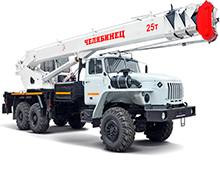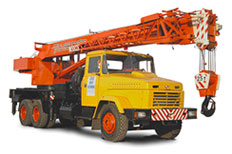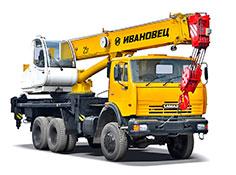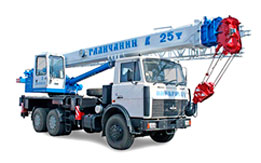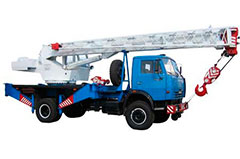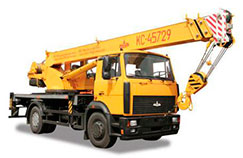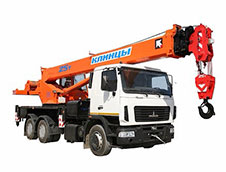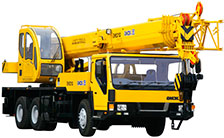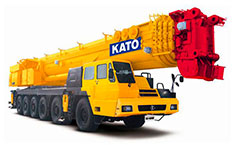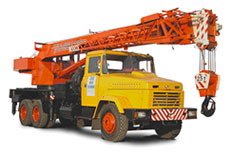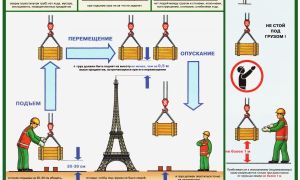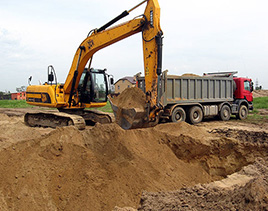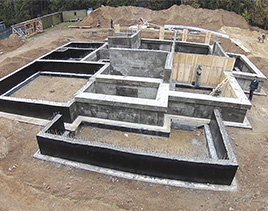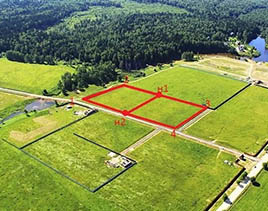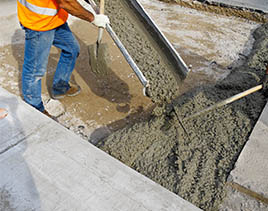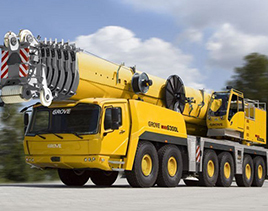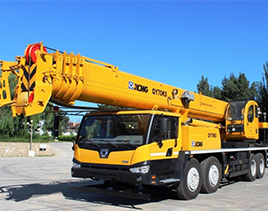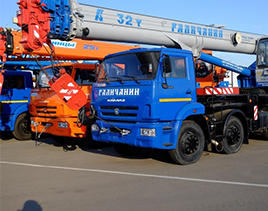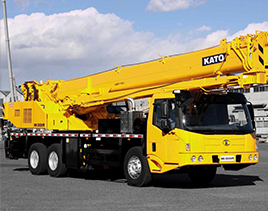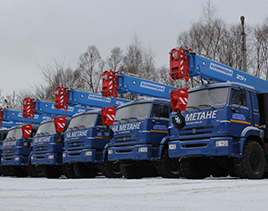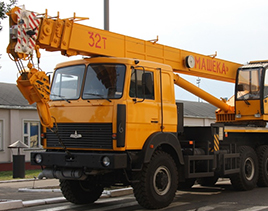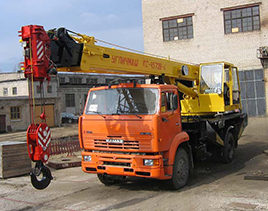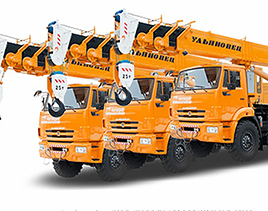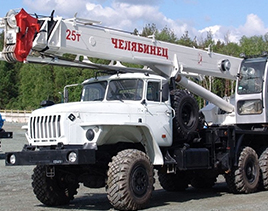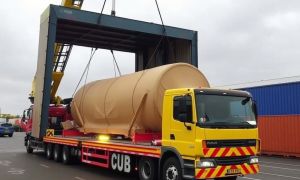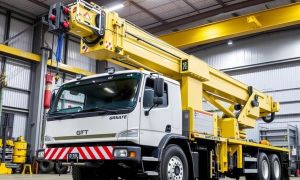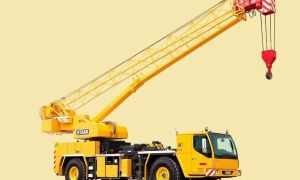Crane operation is a highly specialized skill that plays a vital role in numerous industries, from construction and shipping to manufacturing and logistics. Operating a crane requires strength, precision, and unwavering focus, along with an in-depth understanding of safety protocols. Given the complexities and risks involved, the training of new crane operators is crucial—this is where apprenticeships step in. Apprenticeships in crane operation serve as the bridge between theoretical knowledge and hands-on experience, preparing individuals to become skilled professionals capable of handling sophisticated machinery safely and efficiently.
The role of apprenticeships in crane operation extends beyond just teaching how to maneuver the controls. These programs immerse apprentices into the entire ecosystem of crane safety, maintenance, communication, and teamwork, which are all paramount in preventing accidents and ensuring smooth project execution. In this article, we will explore why apprenticeships are essential, what they typically involve, the benefits for aspiring crane operators and the industry as a whole, and how these programs have evolved with technology and safety standards.
Understanding the Importance of Crane Operation Apprenticeships
At first glance, one might wonder why crane operation requires such formal training through an apprenticeship. After all, isn’t the job just about lifting and moving heavy loads? The reality, however, is far more complex. Crane operators are responsible for managing loads that can weigh several tons, often in environments where hundreds of people work side by side. A minor mistake could lead to catastrophic injury, property damage, or project delays.
An apprenticeship in crane operation ensures that novice operators learn the ropes systematically. This includes not only learning how to control the crane’s functions—like hoisting, swinging, and positioning—but also how to read load charts, assess wind conditions, and perform daily safety checks. The apprenticeship also covers regulatory requirements, helping future operators understand relevant occupational health and safety laws, inspection protocols, and reporting procedures.
Moreover, apprenticeships provide a real-world working environment where theory meets practice. Unlike classroom settings, apprentices work alongside experienced operators who can provide immediate feedback and share insider knowledge about dealing with unexpected challenges. This foundational experience can be invaluable, making apprenticeships a core component of training for crane operation professionals.
What Does a Crane Operation Apprenticeship Typically Involve?
Apprenticeships in crane operation vary depending on the company, region, and type of crane. However, some general components tend to be consistent across programs. Let’s take a look at the typical structure and content of these apprenticeships.
| Apprenticeship Component | Description |
|---|---|
| Classroom Instruction | Basics of mechanical operations, safety procedures, relevant laws and regulations, principles of load and weight calculations |
| Hands-on Training | Practical experience in operating different types of cranes, including tower cranes, mobile cranes, and overhead cranes |
| Safety Training | Comprehensive sessions on fall protection, rigging, emergency response, and hazard recognition |
| Supervised Experience | Working under the guidance of a certified crane operator or supervisor for building skills and confidence |
| Assessment & Certification | Periodic evaluations to test knowledge, skill competency, and safety adherence leading to formal certification |
This multi-layered training approach ensures that apprentices graduate with not only the ability to operate cranes but also the judgment needed for safe decision-making on site.
Key Benefits of Apprenticeships in Crane Operation
Embarking on an apprenticeship in crane operation offers numerous benefits for individuals and the broader construction and industrial sectors. Let’s explore some of the most significant advantages.
- Skill Development: Apprenticeships provide direct exposure to diverse crane types and operational scenarios, helping trainees develop versatile skills.
- Safety Awareness: Because safety is a top priority, apprentices develop an ingrained safety mindset, reducing accident rates.
- Industry Recognition: Completing an apprenticeship often leads to certification that is respected across companies and helps with career progression.
- Job Stability: Skilled and certified crane operators are in high demand, and apprenticeships increase job readiness and employability.
- Mentorship Opportunities: Learning from experienced crane operators provides mentorship and insider tips that classroom courses alone cannot offer.
These benefits underline why apprenticeships remain critical components of workforce development in crane operation even as automation and robotics begin to influence the industry.
How Apprenticeships Shape Industry Safety and Efficiency
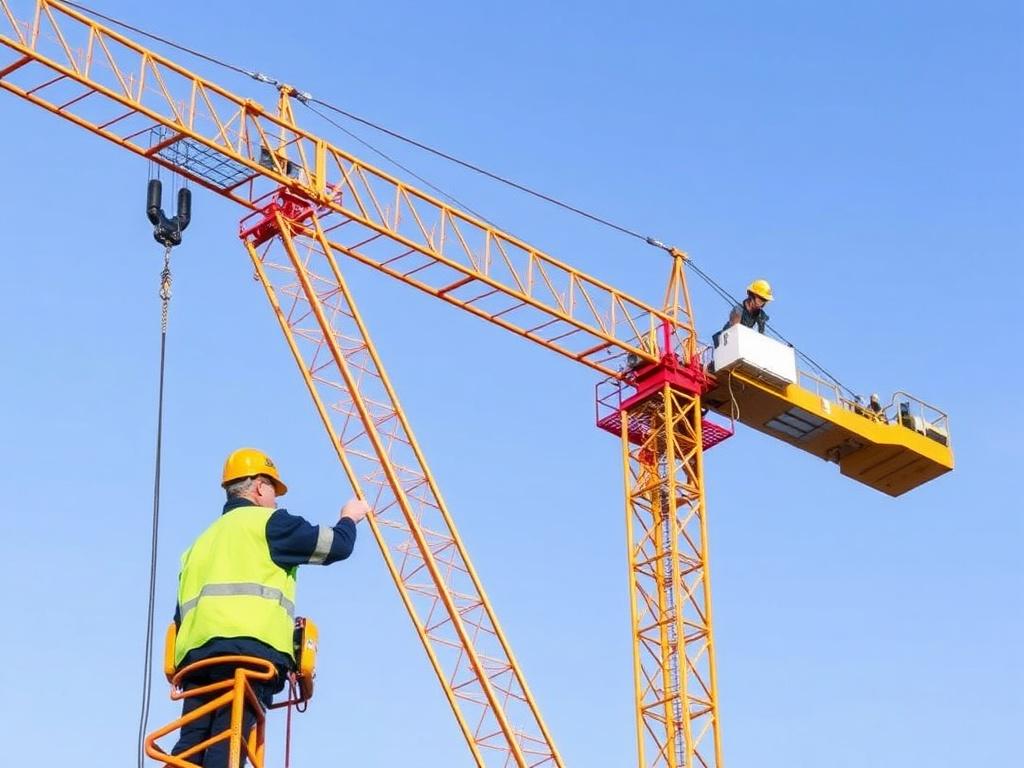
The safety record of crane operations has improved in recent years, and apprenticeship programs deserve much of the credit for this positive trend. Through rigorous training and supervised experience, apprentices gain a thorough understanding of potential hazards and how to mitigate them.
Furthermore, apprenticeships contribute to overall industry efficiency. Skilled crane operators work faster and smarter, reducing downtime and increasing productivity on site. Their ability to interpret signals from riggers and supervisors communicates a seamless teamwork dynamic that contributes to project success.
Let’s consider some safety and efficiency facts linked with apprenticeship training:
| Factor | Impact of Apprenticeship Training |
|---|---|
| Accident Rate | Significantly lower among operators who completed apprenticeships compared to those without formal training |
| Equipment Damage | Reduction in negligent handling and wear caused by trained operators |
| Project Delays | Decreased due to efficient load handling and communication skills acquired during apprenticeships |
In this way, apprenticeship programs are more than just training pathways—they are active contributors to creating a culture of safety and reliability in crane operation.
Modern Innovations in Apprentice Training
The crane operation industry is not immune to technological progress. Virtual reality, simulation software, and e-learning modules have become valuable tools in modern apprenticeships, enhancing traditional hands-on training. Using VR, apprentices can experience realistic crane operation scenarios—including emergencies—without putting themselves or others at risk. This not only improves skill acquisition but also boosts confidence before entering a live site.
Some companies also integrate digital learning platforms to complement in-person sessions, allowing apprentices to study theory at their own pace. These platforms often include interactive quizzes, instructional videos, and progress tracking to keep apprentices engaged and motivated.
The fusion of traditional apprenticeship elements with cutting-edge technology is making training programs more accessible, effective, and adaptable to the needs of today’s crane operators.
Paths to a Career Through Crane Operation Apprenticeships
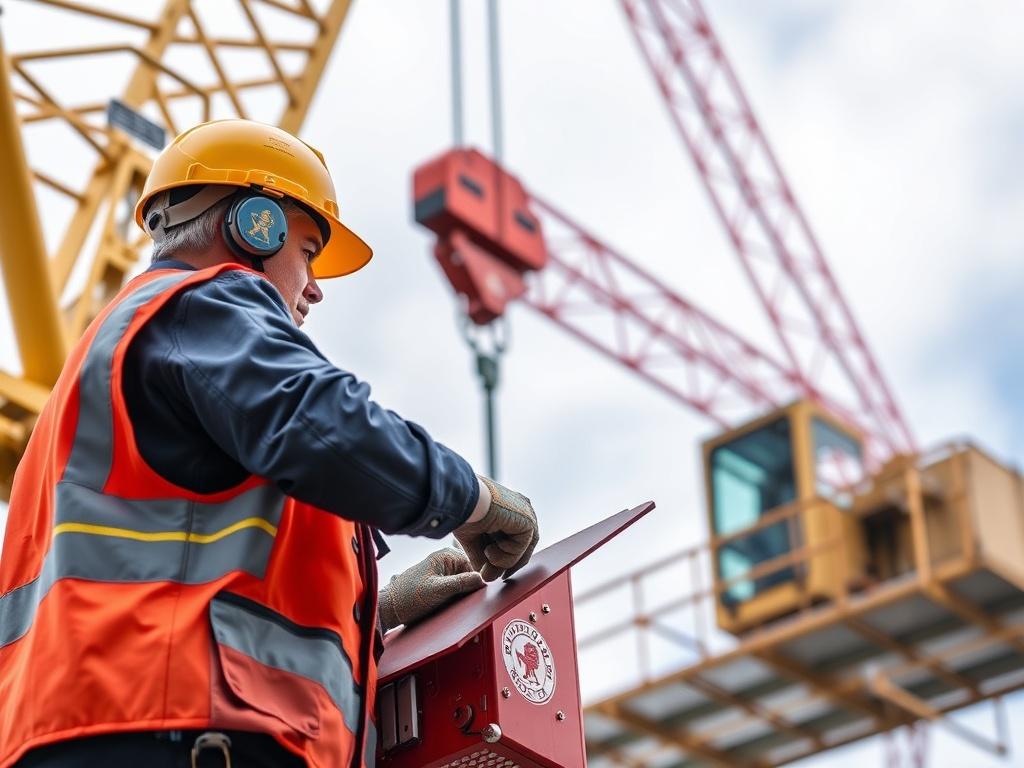
For those interested in becoming professional crane operators, apprenticeships provide a well-defined career path. Typically, candidates start by applying to companies or unions offering apprentice programs, which might last from one to several years.
During this time, apprentices accumulate the required hours of supervised experience, complete coursework, and pass assessments. Upon successful completion, they receive certification recognized by industry associations and regulatory bodies, opening doors for higher-level operation roles or specialization in particular cranes or environments.
Let’s look at the typical steps in a crane operation apprenticeship pathway:
- Meet basic requirements (age, physical fitness, background checks)
- Enroll in an apprenticeship program
- Complete classroom and hands-on training modules
- Gain supervised operating experience onsite
- Pass final evaluations and obtain certification
- Secure employment as a certified crane operator or continue advanced training
This clear progression helps candidates navigate the complex requirements of crane operation employment with confidence.
Challenges Facing Apprenticeships in Crane Operation
While apprenticeships are indispensable, they do face some obstacles. One major challenge is the cost and time commitment required—many apprentices balance part-time work while studying, which can be demanding. Additionally, companies must allocate resources for supervision and training, which may limit the number of apprentices they can accept.
Another challenge is keeping pace with rapidly evolving crane technology, which demands continual updating of training materials and methods. Apprenticeship programs that lag behind in incorporating new technologies might produce operators less prepared for modern equipment.
Finally, the aging workforce in construction means there is an urgent need to attract younger talent to apprenticeship programs to avoid skill shortages in the near future.
Addressing these challenges requires cooperation between employers, training providers, unions, and government agencies to ensure apprenticeship programs remain effective and accessible.
Conclusion
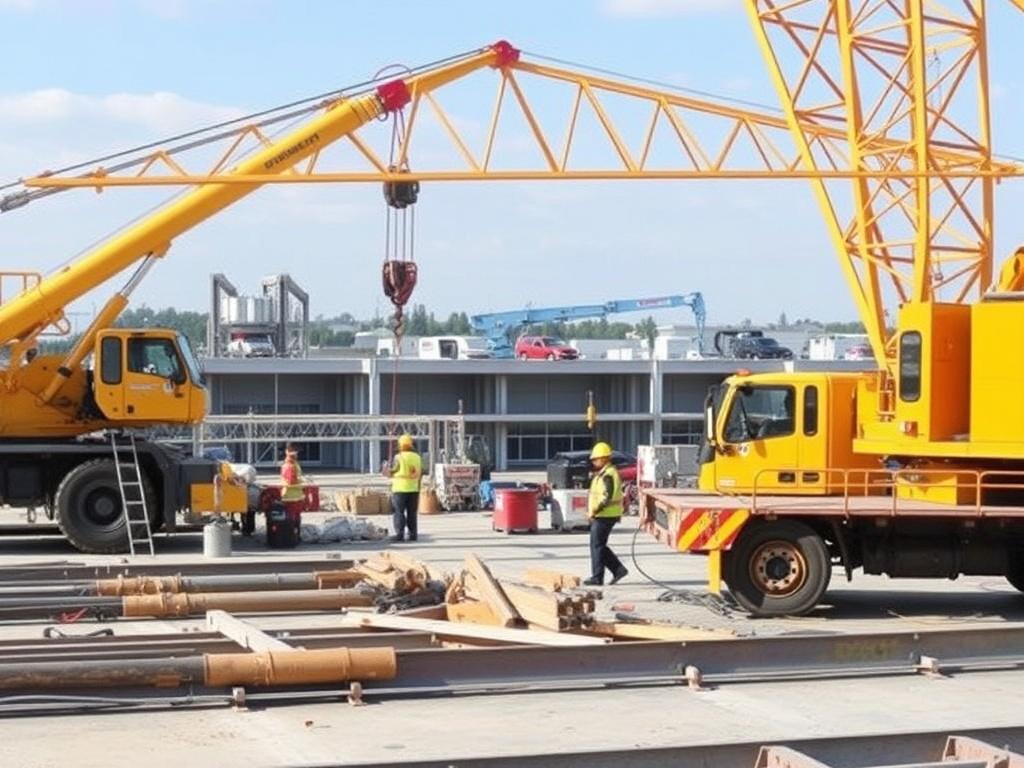
Apprenticeships in crane operation represent the heart of a well-trained, safe, and efficient workforce within an industry fraught with potential hazards and high operational demands. By combining comprehensive classroom instruction with real-world, supervised experience, these programs equip aspiring crane operators with the skills, knowledge, and confidence necessary to manage complex machinery responsibly. Beyond individual benefits like certification and job security, apprenticeship programs significantly enhance workplace safety and project efficiency—two pillars essential to the success of any construction or industrial endeavor involving cranes. With modern advancements such as virtual reality and digital learning complementing traditional training methods, apprenticeships continue to evolve, meeting the needs of both learners and employers in a changing industry landscape. Despite challenges such as funding and workforce renewal, the role of apprenticeships remains indispensable in producing the next generation of competent and safety-conscious crane operators. For anyone considering a career in this field, engaging in a structured apprenticeship program is not just a pathway—it is the foundation for a professional and successful future.

